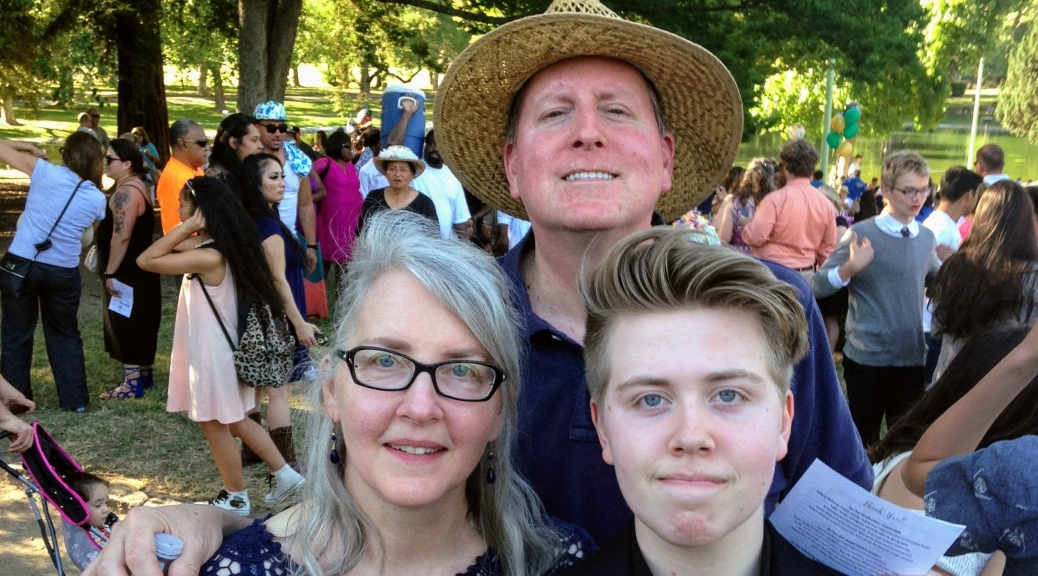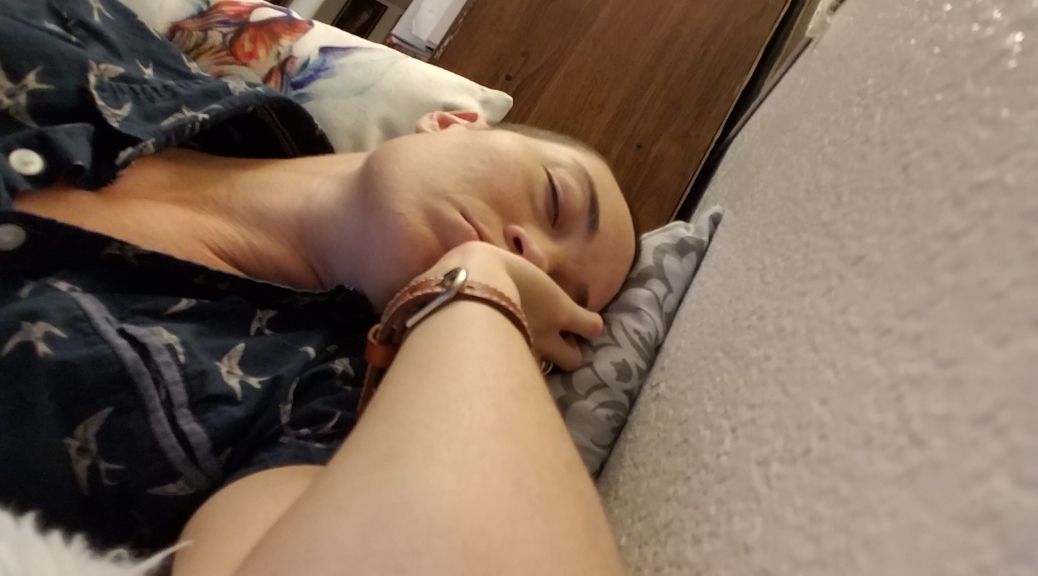Hi! This essay is a guest post written by my friend, Patricia. It explores her perspective as a white chronically ill parent of a white chronically ill child, and draws parallels between her experiences of ‘parent guilt’ and ‘privilege guilt.’
The stories and health details about Joe and John are shared with consent.
Content note: this post includes discussions of medical experiences & symptoms including surgery & skin wounds
Here’s Patricia!:
Hi. I am thrilled to be here talking with you, my fellow Fans of Charis. Let’s dive right in.
If you and your child have chronic illness and/or are disabled, it is very likely that you’ve experienced some guilt about it. There’s plenty to choose from: the guilt that comes with parenthood and the guilt that comes with passing your illness on to your child. Today I want to expand on that even further. In this historical moment of possible structural shift, at this possible tipping point away from the world that encouraged the murder of George Floyd and so many others and toward something new, I want to look from our parent guilt to our national guilt. (To allow us each to think about our various privileges, I’ll call it “privilege guilt.”) Today I would like to ask whether how we respond to our parent guilt can teach us something about how to move forward as a guilt-stricken nation.
First, let’s consider the chronically ill disabled child. Let’s start with Joe.
***
If you already know the comorbidity story by heart, feel free to skip this section.
I gave several terrible gifts to to my son, Joseph. Some are hereditary things that I also suffer from, and others I can say I gave him by virtue of the fact that it was my body he was formed in. First, I passed to him a laxity of the connective tissues called hypermobility syndrome, a mild form of Ehlers-Danlos (EDS). As his bones grew, it slowly became apparent that he also had something termed “miserable misalignment syndrome,” aka “torsional abnormality.” Basically, this meant his shin bones were rotated about 30 degrees off center. Together with the EDS, this caused countless dislocations of his knees and an inability to walk or stand for more than a few minutes. In junior high, after years of PT, he underwent a series of astonishing corrective surgeries that have allowed him to walk with less pain and far fewer dislocations, although he still has trouble standing and walking more than a couple of blocks.

Continue reading What Parent Guilt Shows Us About Privilege Guilt | Guest Post




